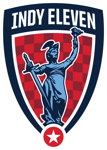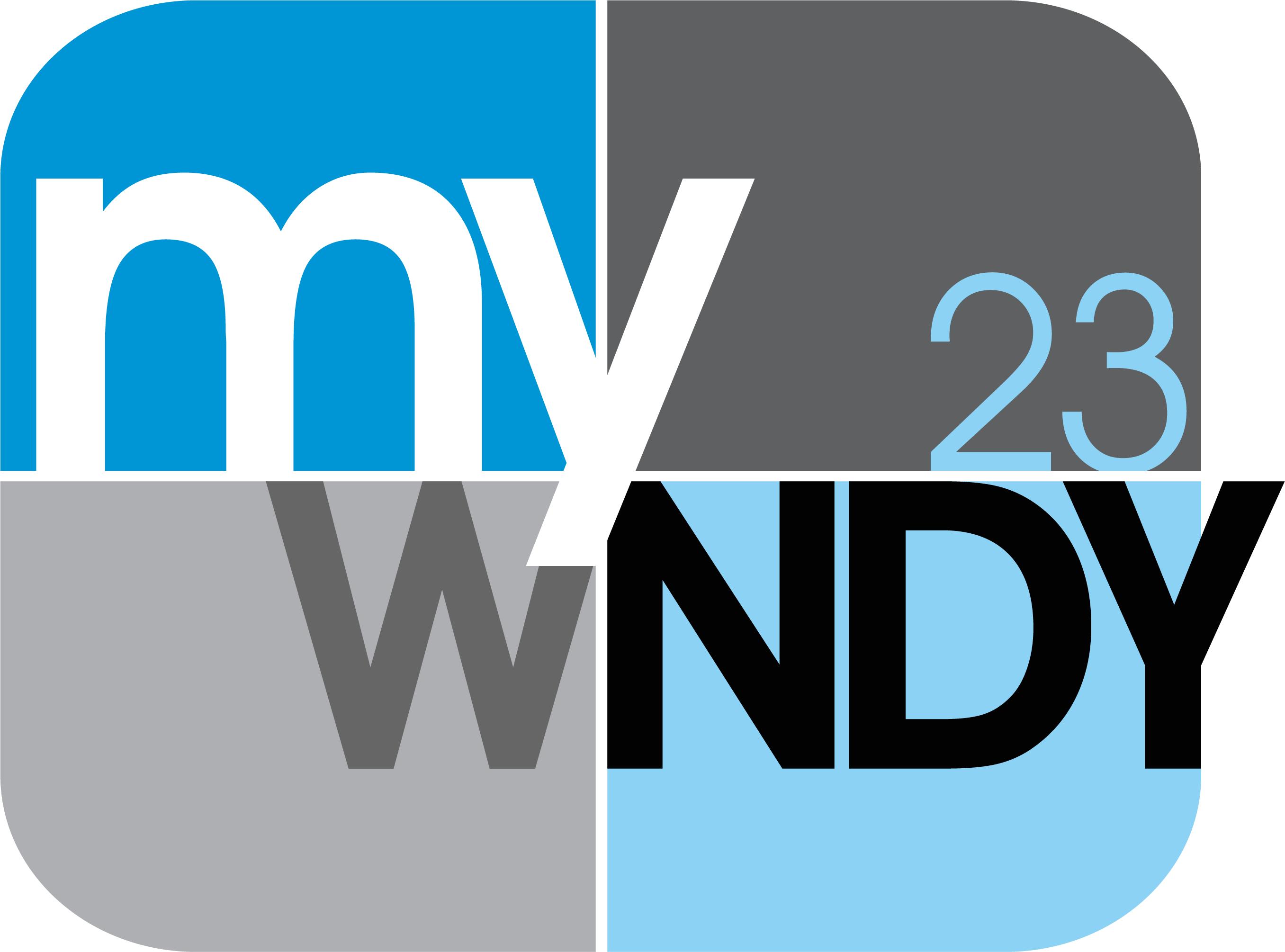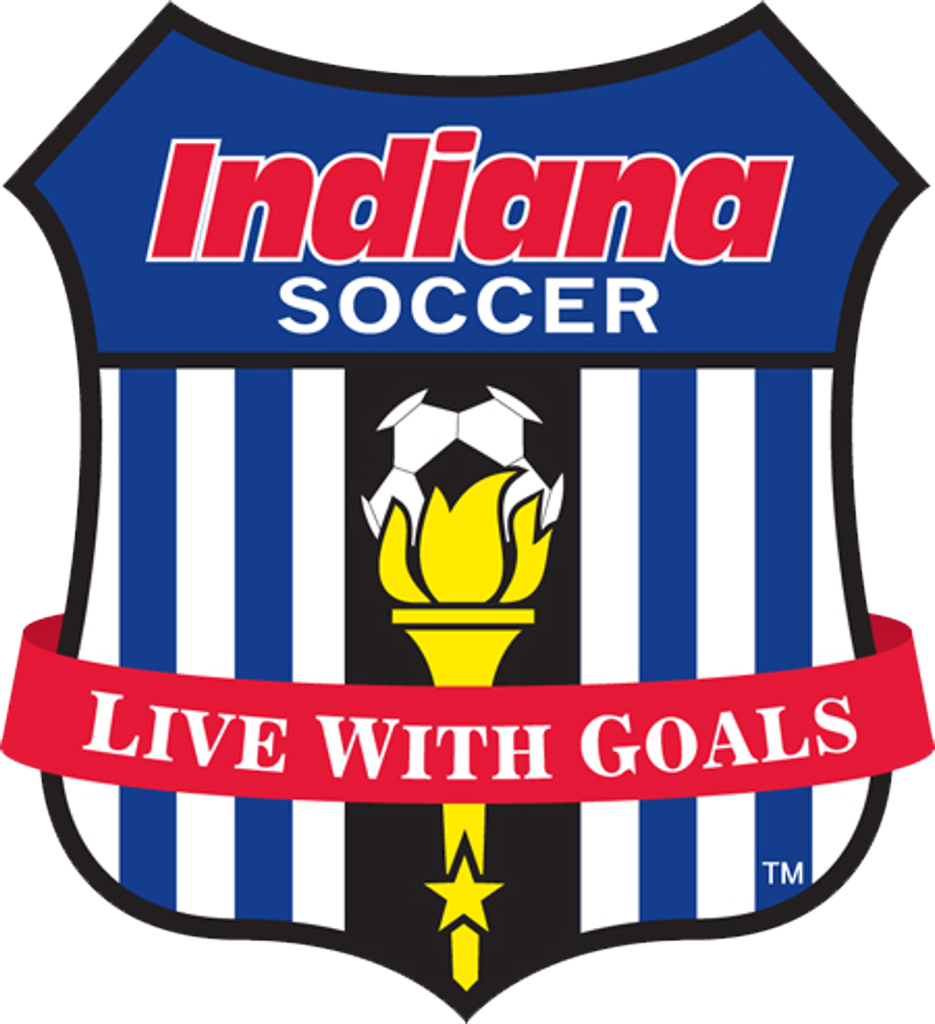
The first truly fresh face for Indy Eleven’s roster for 2023 was introduced last Friday with the official announcement of the signing of Younes Boudadi, a dual Belgian and Moroccan national who brought his game – and quite the background – to the United States seven years ago.
Before he starts to don the blue checkers for his new squad, Boudadi (that’s boo-DODD-ee) explains his story, his reasoning for joining the Boys in Blue, why he’s watching the World Cup closer than most, and more in a sit-down Q&A session with indyeleven.com’s Joey Thielen.
Q: What are some reasons you felt Indy Eleven was the right move for you ahead of next season?
A: For me, there are a couple of reasons. I like the play style that Mark Lowry uses. I saw a lot of his football when he was at El Paso, and I know he’s building something here, and I wanted to be a part of that project. Indiana is a great place to live, and I’ve heard nothing but good things about the organization and the fans from players that have been here in the past.
Q: How would you describe your playing style?
A: I’m a very athletic player; it’s always been a part of my game since I was young. I’m fast and I have the edge over many players. I’m always physically in top shape and don’t mind going up and down for 90 minutes. I love creating many great chances for the team, and I love my one-on-one battles, usually always playing against one of the better players on the field against the wingers. Those are the main points that make me the all-around athletic fullback I am.
Q: Do you have connections with players who have spent time with Indy Eleven? If so, what have they told you about the club?
A: I wasn’t talking to players in the process of signing, but I did hear things in the past. Before I played with Kevin Partida at Reno, and he told me it’s a great club and that he’s happy for me to join. I also talked to Jared Timmer, and I knew he liked it a lot and the environment. Indy Eleven treats the players well and has a great fan base. Coach Lowry is just trying to build a winning culture, which I also wanted to do.
Q: Do you feel any pressure to establish yourself positively with the fan base?
A: In the past, at every club I’ve been to, there’s never been an issue with the fans. I love to get to know the fans personally because you see them all the time, and for me, since I’m away from home, it’s like a second family. So I let that happen naturally; fans tend to enjoy players who always give 100%, and I know I am that kind of player.
Q: Have you always found yourself as a fullback, or have you developed that position over time as you’ve continued to play?
A: It developed when I was young. Obviously, I always wanted to score goals, so I was a striker like everyone when I was little, but then I got picked up by [Belgium First Division A side] Club Brugge when I was seven years old, and I started as a winger in a 4-3-3 system. They noticed my athleticism from a young age and they started putting me as a center back on a three-backline. Then they put me in the outside back, and since then I’ve been specializing in outside back. I would say around 13 years old is when I knew that would be my position when I would try to become a professional.
Q: I know Club Brugge is a big part of your story. Who are some of the impactful people you met over the years you were there?
A: There were a lot of coaches. One was a coach I had when I was 14 named Peter. I struggled a lot with injuries when I was 13 and 14 and was on the brink of leaving the academy, but he was one guy who saw potential and put his head forward for me. He kept me at the club and was a big part of my development. If I left there, I don’t know if I would have ever found my way to the U.S. or even professional football.
Pim Verbeek has passed away now, but he was the head of scouting for the Moroccan Youth National Teams. He put my career on a different level when he recruited me for them.
Q: What are some of your short-term and long-term goals for this upcoming season?
A: Well, short-term and long-term for me both involve winning. I think there’s a certain feeling around the club and the project. We are trying to bring the Eleven back to winning and back to the playoffs. So that’s the main goal for me, and I think, for the team next year. And then short-term goals are just showing up every day, working daily to build a particular culture.
Q: Moving on to the World Cup, you have plenty of connections to the tournament. How is it to see some of the players you played with on the U17 Moroccan team represent the country and achieve unprecedented success in the 2022 World Cup?
A: It’s excellent. I grew up in Belgium, but I always had my roots in Morocco because of my dad, so getting picked up at the time was also a way to connect with my roots. Also, Sofyan Amrabat was my roommate when we went to the Under-17 World Cup, so I got to spend a lot of time with him during that tournament. So it’s great to see that he’s now one of the pioneers and better players on the team. I’m following it closely right now.
Q: You clearly had more than one rooting interest in the tournament … were you cheering for both Morocco and Belgium?
A: They were both in the same group, so I was hoping they would go through if Belgium beat Croatia, but that wasn’t the case. It makes it a little easier for me now that I only have Morocco to cheer for, but it hurts. I grew up in Belgium, so I have a strong connection with the Belgian National Team as well, and there are some players on that team, like Lois Openda, that I was on the same team with. I wish them both well, and it’s not like one country is above the other.
Q: After spending several years in the States, have you been following the US National Team? If so, what are your feelings about their performance?
A: I want them to do good because I can see a connection. When I was younger, Belgium could have been better. The national team never had any chance of going to the World Cup; if they did, they were never really seen as a team that could do any damage. It was the same thing for the first generation of American players, but now [Christian] Pulisic has opened that door for many American players to start going to Europe. And it was the same for Belgium, too; [Marouane] Fellini went overseas, and the floodgates just opened. It can only benefit everyone if the national team does well, and the exposure grows. So, it was a good tournament for this team, and I believe in 2026 they can do something special if they stay on the same path and players keep going through that door that was opened.




































































































































































































































